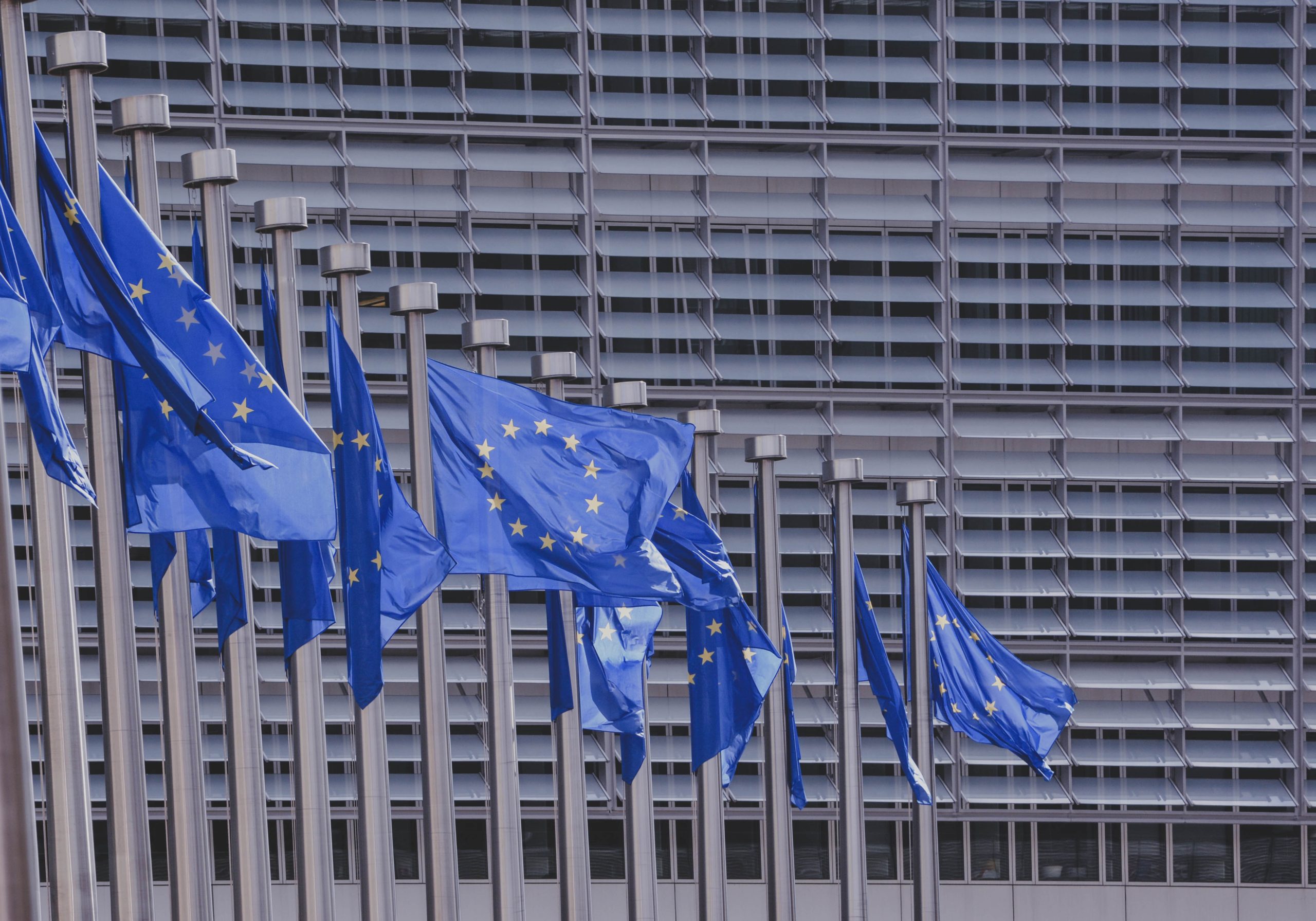
Two SRT grantees celebrate as European Parliament approves draft Artificial Intelligence Act
The European Parliament has approved a draft Artificial Intelligence Act that aims to regulate Artificial Intelligence (AI) based on its potential to cause harm. The draft Act will now be negotiated by the Council of the EU and member states. Two SRT grantees The Irish Council for Civil Liberties (ICCL) and Fair Trials have been campaigning for this law for two years, with both organisations contributing to text that has been included in the draft. ICCL also gave recommendations on making the AI Act enforceable. The draft Act includes a ban on facial recognition in public spaces, predictive policing, and scrapping facial images for building databases.
There are documented concerns about the deployment of AI systems to monitor people, categorise them using prejudiced assumptions, and to predict likelihood of criminality. Griff Ferris, Legal and Policy Officer at Fair Trials, said: “[This] is not just subject matter for dystopian futuristic films but is currently an existing operational strategy of police and criminal justice authorities across Europe. These systems are being used to create predictions, profiles and risk assessments that affect people’s lives in a very real way. Among other serious and severe outcomes, they can lead to people, sometimes even children, being placed under surveillance, stopped and searched, questioned, and arrested even though no actual crime has been committed.”
The Automating Injustice report, produced by Fair Trials, found that predictive policing, “undermine[d] fundamental rights, including the right to a fair trial and the presumption of innocence. This results in Black people, Roma, and other minoritised ethnic people being overpoliced and disproportionately detained and imprisoned across Europe.”
For example, the report states that in the Netherlands, on the Top 600 list, (a list compiled using AI that ‘predicts’ which young people will commit high-impact crime), “one in three – many of whom have reported being followed and harassed by police – are of Moroccan descent”.
Additionally, Amnesty International noted that this use of AI technology increased the unaccountable power of large tech companies, and reinforced structural discrimination. This can affect people’s right to claim asylum, and “determine access to welfare, education and employment”.
The AI Act is one of the first of its kind and is seen as being of global importance, especially since the release of Chat GPT and other similar AI systems. Dr Kris Shrishak, Senior Fellow at ICCL said: “The EU’s AI Act could become a global standard for regulation of AI systems. The stakes simply couldn’t be higher for people’s fundamental rights. [This] vote is the result of extensive negotiations and compromises and sends a clear message that the Parliament feels AI should be strictly regulated to protect EU citizens’ rights.”
Return to grantee stories
